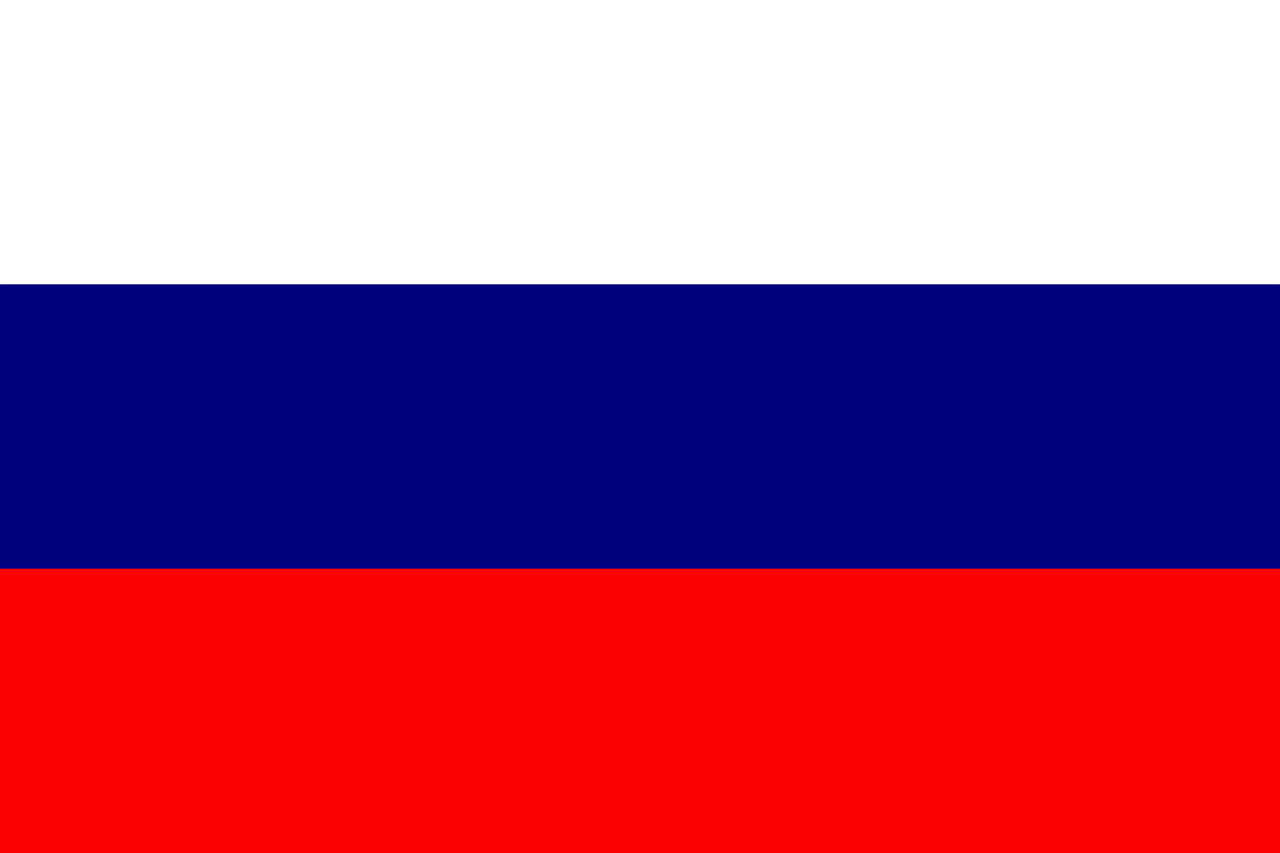
403
Sorry!!
Error! We're sorry, but the page you were
looking for doesn't exist.
Estonia consents seizing of frozen Russian assets
(MENAFN) In a significant legislative move, Estonian President Alar Karis has signed into law amendments permitting the utilization of frozen Russian assets as compensation for Ukraine. The measures, previously endorsed by the country's parliament and now granted presidential approval, mark a concerted effort by European Union member states to address the ongoing crisis in Ukraine by repurposing immobilized Russian funds.
Amidst persistent efforts by European Union nations to identify legal mechanisms for seizing billions in Russian assets immobilized by the bloc, Estonia has emerged as a staunch proponent of leveraging such resources to support Ukraine's military endeavors and reconstruction initiatives. The adoption of these amendments underscores Estonia's steadfast commitment to confronting Russian aggression and standing in solidarity with Ukraine since the onset of the conflict in 2022.
The amended International Sanctions Act empowers Estonian authorities to confiscate the assets of individuals and entities deemed to have actively participated in "military aggression," contingent upon the establishment of sufficient evidence. President Karis clarified that frozen funds resulting from European Union sanctions alone do not warrant confiscation, emphasizing the need for concrete proof of involvement in aggressive actions.
Estonian officials have affirmed their intent to utilize the seized assets to compensate Ukraine for the damages incurred as a result of Russian aggression. The decision reflects Estonia's unwavering support for Ukraine's sovereignty and territorial integrity, aligning with broader European Union efforts to hold perpetrators of aggression accountable and provide tangible support to conflict-affected regions.
Since the outbreak of hostilities, the European Union and G7 have collectively frozen approximately EUR300 billion of foreign currency reserves held by Russia's central bank, with a substantial portion allocated within the European Union, predominantly through the Belgium-based clearing house Euroclear. As Estonia pioneers the utilization of these assets for humanitarian and reconstruction purposes, the move signals a proactive response to the crisis in Ukraine and underscores the European Union's commitment to upholding international norms and supporting conflict resolution efforts in the region.
Amidst persistent efforts by European Union nations to identify legal mechanisms for seizing billions in Russian assets immobilized by the bloc, Estonia has emerged as a staunch proponent of leveraging such resources to support Ukraine's military endeavors and reconstruction initiatives. The adoption of these amendments underscores Estonia's steadfast commitment to confronting Russian aggression and standing in solidarity with Ukraine since the onset of the conflict in 2022.
The amended International Sanctions Act empowers Estonian authorities to confiscate the assets of individuals and entities deemed to have actively participated in "military aggression," contingent upon the establishment of sufficient evidence. President Karis clarified that frozen funds resulting from European Union sanctions alone do not warrant confiscation, emphasizing the need for concrete proof of involvement in aggressive actions.
Estonian officials have affirmed their intent to utilize the seized assets to compensate Ukraine for the damages incurred as a result of Russian aggression. The decision reflects Estonia's unwavering support for Ukraine's sovereignty and territorial integrity, aligning with broader European Union efforts to hold perpetrators of aggression accountable and provide tangible support to conflict-affected regions.
Since the outbreak of hostilities, the European Union and G7 have collectively frozen approximately EUR300 billion of foreign currency reserves held by Russia's central bank, with a substantial portion allocated within the European Union, predominantly through the Belgium-based clearing house Euroclear. As Estonia pioneers the utilization of these assets for humanitarian and reconstruction purposes, the move signals a proactive response to the crisis in Ukraine and underscores the European Union's commitment to upholding international norms and supporting conflict resolution efforts in the region.

Legal Disclaimer:
MENAFN provides the information “as is” without warranty of any kind. We do not accept any responsibility or liability for the accuracy, content, images, videos, licenses, completeness, legality, or reliability of the information contained in this article. If you have any complaints or copyright issues related to this article, kindly contact the provider above.






















Comments
No comment